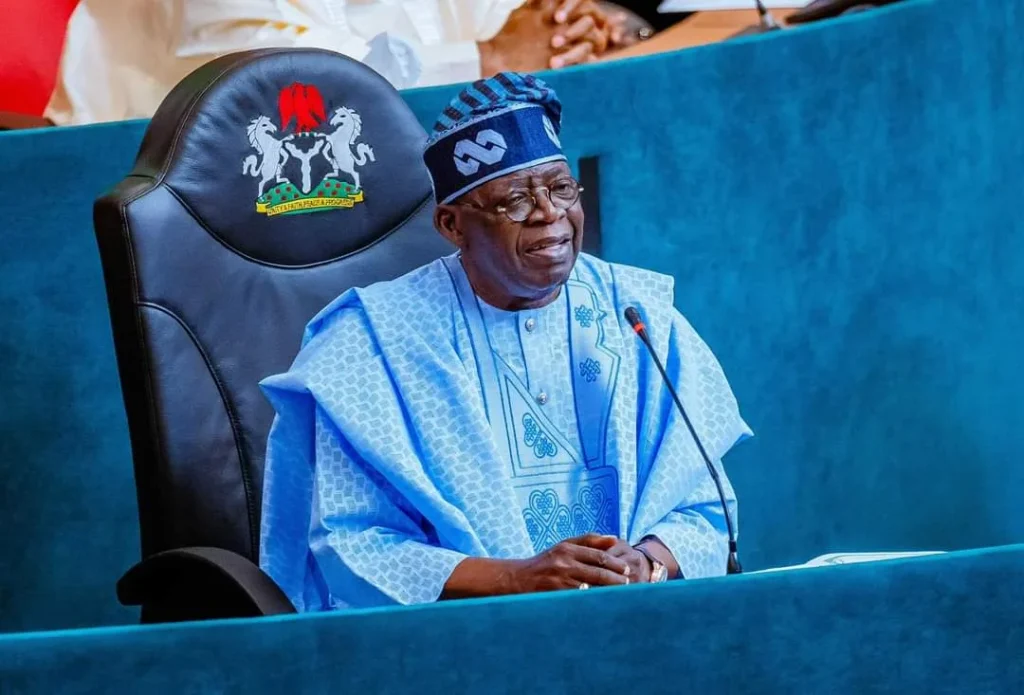The legislative body has officially granted the President’s request to secure an additional loan. The National Assembly approved borrowing ₦1.15 trillion to address the deficit within the 2025 national budget. Both the upper and lower chambers of the legislature voted in favor of the measure during Wednesday’s plenary session.
Cause of the Budget Shortfall
President Bola Ahmed Tinubu sought the lawmakers’ authorization in a letter dated November 4. He explained that a financial shortfall occurred after the legislature expanded the 2025 budget beyond the executive branch’s original projections for revenue and borrowing.
The President stated that the National Assembly ultimately passed a total budget of ₦59.9 trillion. This figure represented an increase of ₦5.25 trillion over the executive’s initial proposal of ₦54.74 trillion. This expansion resulted in a significant deficit of ₦14$ trillion.
In his correspondence to the presiding officers of the Senate and House, the President wrote that it was “therefore necessary to increase the domestic borrowing limit in the 2025 budget by ₦1.147trillion to close this gap.”
Oversight and Transparency
Senator Haruna Manu, the deputy chair of the Senate Committee on Local and Foreign Debts, presented the committee’s findings. The panel recommended that the Ministry of Finance and the Debt Management Office (DMO) must manage the borrowing strictly within approved fiscal standards.
He added that all loan terms must remain “favourable, transparent, and sustainable.”
The committee also urged the Senate to mandate the relevant committee to monitor both the implementation and the utilization of the loan. They called for quarterly reports from the finance ministry and the DMO detailing the loan’s status, use, and repayment plans.
Senator Abdul Ningi moved an additional motion. This motion requires the Appropriation Committee to ensure the funds are used strictly for their designated purposes.
Supporting the report, Senator Adeola Solomon emphasized that the borrowing was necessary due to revenue shortfalls. “We have shortfalls from the 2025 budget, and we need borrowings,” Solomon said, adding, “This will be sourced locally, and I call on my colleagues to support this bill in its entirety.”
Rising Debt and Justification
The legislature’s approval comes amid public concern over the nation’s increasing debt profile. The Debt Management Office (DMO) previously reported that the national debt had already surpassed ₦97 trillion by mid-2025.
While critics caution that continued borrowing risks pushing the economy toward unsustainable debt levels, government officials and lawmakers argue that strategic borrowing is essential. They maintain it is vital to sustain economic growth, fund necessary infrastructure, and maintain investor confidence.
In October 2025, the National Assembly also granted the President’s request to borrow $2.35 billion to help finance a portion of that year’s budget deficit. Both chambers also authorized issuing a $500 million debut sovereign sukuk in the international capital market. This was intended to fund infrastructure and diversify the country’s financing sources.




















